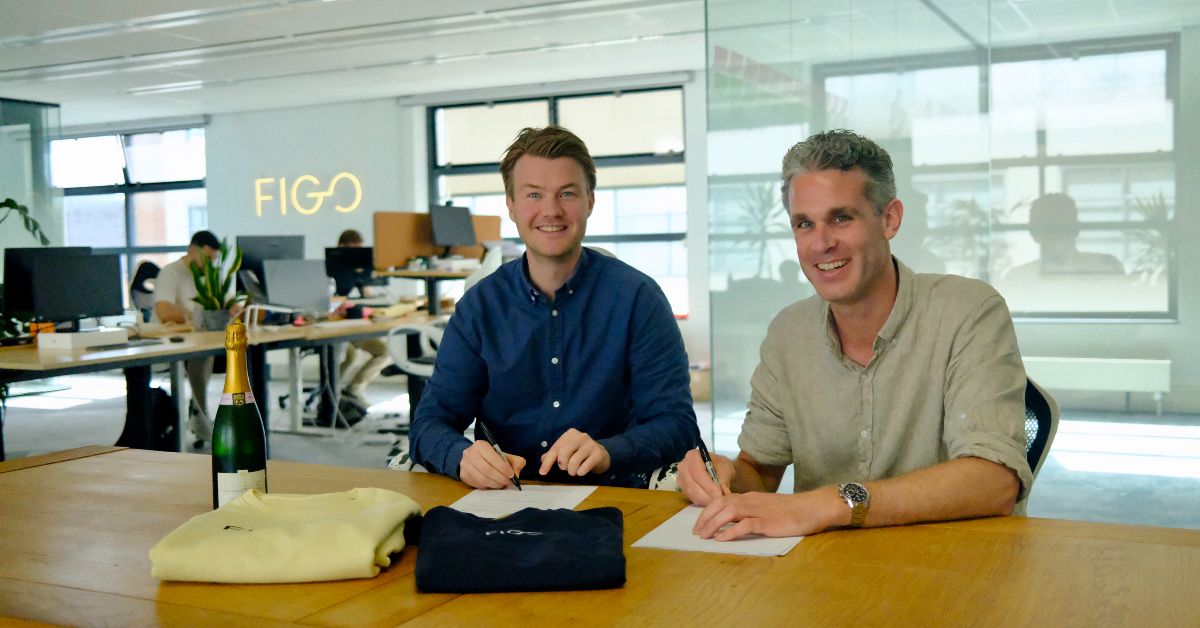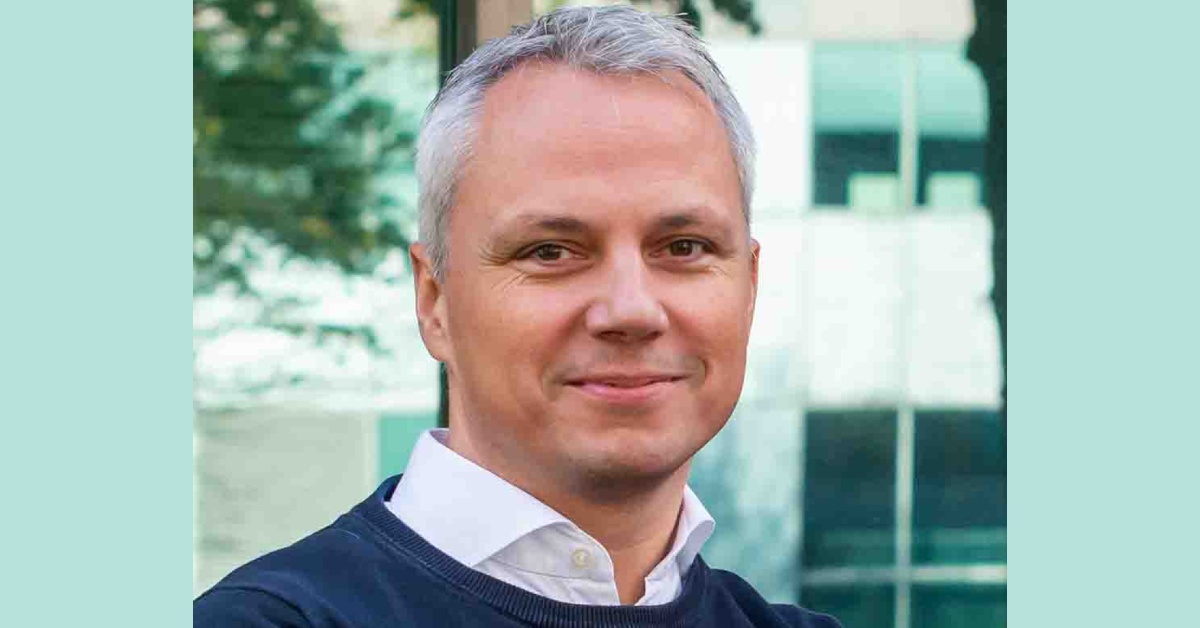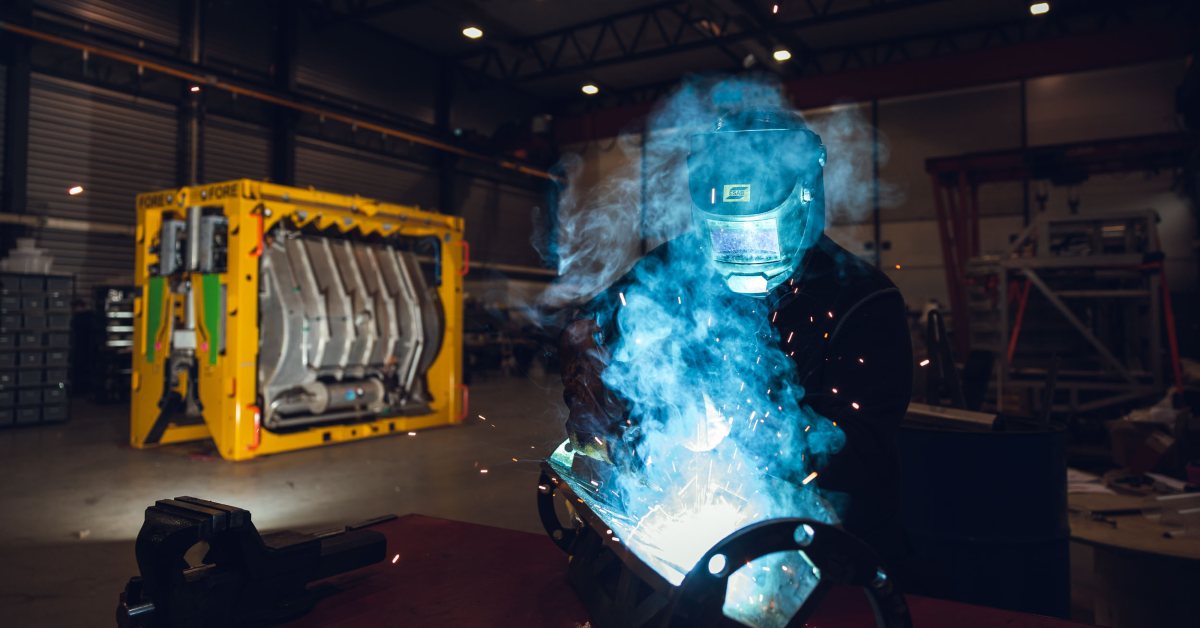Cryocop, a Delft-based startup from Wageningen University & Research, has won the fourth edition of the Dutch 4TU Impact Challenge, a competition that offers a platform for entrepreneurship to the brightest minds of the four technical universities in the Netherlands.
The Dutch 4TU Impact Challenge finale was held at the Valo Hotel in Helsinki for the second time, the night before Slush 2022 starts. The competition’s winner, Cryocop, consists of students from three different Dutch technical universities. The students decided to work together following their victory in the 2021 Carbon Removal Xprize competition at Wageningen University & Research.
Dutch 4TU Impact Challenge in a statement mentions that the jury, consisting of experts in startup development, selected Crycop out of eight “high-quality” finalists. “Their idea has the potential to become a breakthrough technology turning carbon waste into circular products. They have a unique proposition bringing value to waste in the field of carbon capture.”
What does Cryocop offer?
Founded in 2021 by Coen van den Brand, Kiran Abraham Jacob, James Tonny Manalal, and Max Kersten, Cryocop’s founders came up with a “revolutionary” carbon capture technique that uses a cryogenic procedure to gather pure CO2 at a disruptively low cost. The technology enables capturing CO2 that will eventually pay for itself by selling by-products such as energy, oxygen and nitrogen.
Coen van den Brand says, “We are super delighted and excited to win the Dutch 4TU Impact challenge. We came to Helsinki to grow our startup and to meet partners and investors. Winning this gives a major boost to our story!”
Circularise raises €11M
As the jury decided on the winner, Techleap’s special representative Constantijn van Oranje was requested to provide insight into the appeal of global events like Slush and how to make serendipity work during these events and their side events.
Following that, it was time to celebrate the achievements of the other Dutch expedition members. Recent funding rounds, significant contracts, product launches, and critical team expansions are just a few examples. The stage was utilised by Quan, Hireport, Fledgerr, Pakt, Findest, Integer Technologies, 3D Medical Support, GreenSwapp, and Taem.io to highlight their successes.
This is when Circularise announced that it has raised €11M in a fresh funding round. Circularise is a supply chain traceability provider founded in 2016. Its software system helps suppliers in chemicals, plastics, battery materials, metals, and other industries to trace materials and share their environmental footprint without risking their sensitive data.
Circularise says it will use the funds to advance its mission to bring a circular economy to industrial supply chains.
Brief about the Dutch 4TU Impact Challenge
In the Netherlands, the 4TU.Federatie unites the four technical universities. The aim of 4TU is to expand the technical talent pool. The technical universities want to conduct and graduate a sizable number of competent engineers and design engineers, as well as to contribute to internationally-renowned and societally-relevant research and to foster collaboration between research institutions and enterprises.
The Dutch 4TU Impact Challenge’s goal is to give the top brains from Netherlands’ four technological colleges a platform for entrepreneurship. The two top concepts from each university were chosen during the preliminary rounds, which were held at separate universities. They received assistance from a large partner network in overcoming the initial obstacles in their path as entrepreneurs.
About the mission to Slush
Slush claims to be the world’s largest startup event that brings together entrepreneurs, investors, and executives in Helsinki for a carefully selected event with close to 10,000 people. “Entrepreneurship redefined” is one of their key pillars, which focuses on how to link founders with the resources and people they require while creating a brand-new, inclusive, and more intentional entrepreneurial culture.
The Netherlands goes out to Slush with a representation of the entire Dutch startup ecosystem. Joined by the four technical universities, several regional incubators, facilitators and accelerators and governmental agencies, as well as the 72 eager Dutch startups who all made ‘responsible tech’ their business. Together, they go in search of like-minded counterparts to take their tech innovations to the next level.










01
From telecom veteran to Dutch Startup Visa success: The Jignesh Dave story